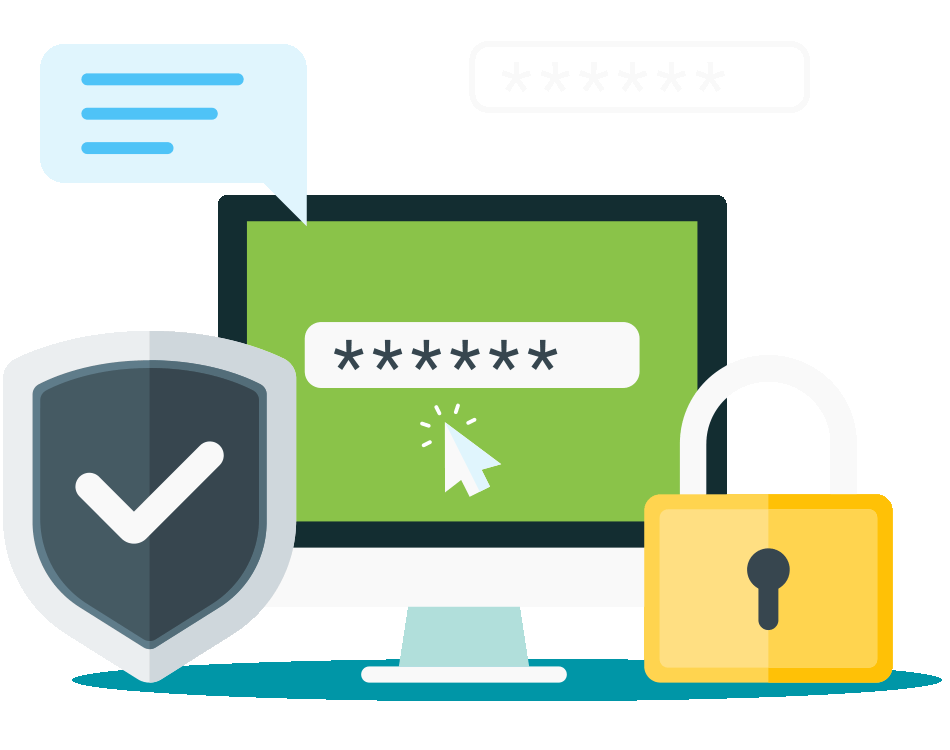The Importance of Cyber Security in Protecting Your Digital Assets
Safeguarding Your Business and Data from Cyber Threats and Attacks
Protect Your Data
Safeguard Your Sensitive Data with Cybersecurity Measures: In today’s digital age, protecting your business from data theft or unauthorized access is crucial. Cybersecurity measures can help ensure that your sensitive data, including customer information, financial records, and trade secrets, remains secure. By implementing the right strategies and tools, you can reduce the risk of data breaches and other cyber threats that can harm your business’s reputation and bottom line.
Maintain Business Continuity
Maintaining business continuity is crucial for any organization to minimize the impact of a cyber attack. A disaster recovery plan can help businesses quickly recover from any data breaches or cyber-attacks, and get back to normal operations. A good disaster recovery plan includes a clear protocol for identifying and containing the attack, assessing the damage, and restoring the affected systems and data.
What are some common examples of maintaining business continuity in case of a cyber attack?
Here are some common examples of maintaining business continuity in case of a cyber attack:
Why is maintaining business continuity crucial?
Maintaining business continuity is crucial for any organization to minimize the impact of a cyber attack. A disaster recovery plan can help businesses quickly recover from any data breaches or cyber-attacks, and get back to normal operations. A good disaster recovery plan includes a clear protocol for identifying and containing the attack, assessing the damage, and restoring the affected systems and data.
What are examples of business continuity?
Maintaining business continuity is crucial to ensuring that your company can continue to operate in case of a cyber attack. Below are some common examples of how you can maintain business continuity and minimize downtime:
Disaster Recovery Plan:
A disaster recovery plan outlines the steps your company will take in case of a cyber attack or other disaster. This plan can include steps to back up critical data, secure backup servers, and create a communication plan for employees and customers.
Data Backups:
Regular data backups can help minimize data loss in case of a cyber attack. These backups can be stored on secure servers or in the cloud to ensure that your data is always accessible.
Virtual Private Network (VPN):
A VPN can provide a secure connection for remote employees to access company resources from anywhere in the world. This can help maintain business continuity in case of a cyber attack that affects on-site systems.
Business Continuity Planning (BCP):
BCP is the process of creating a plan that outlines how your company will operate in case of a disaster. This plan can include steps to ensure employee safety, secure data, and maintain customer communication.
Cybersecurity Training:
Providing cybersecurity training to your employees can help prevent cyber-attacks and minimize the impact of attacks that do occur. This training can include best practices for password management, phishing prevention, and identifying suspicious activity.
Take Action to Secure Your Business Today!
Don’t wait until it’s too late, start implementing these cyber security measures now to protect your business and your customers.
We hope this article has provided valuable insights into the importance of cyber security and the measures you can take to safeguard your business. Don’t wait until you become a victim of a cyber attack to take action. Contact us today to learn more about our comprehensive cyber security services and start protecting your business today.




